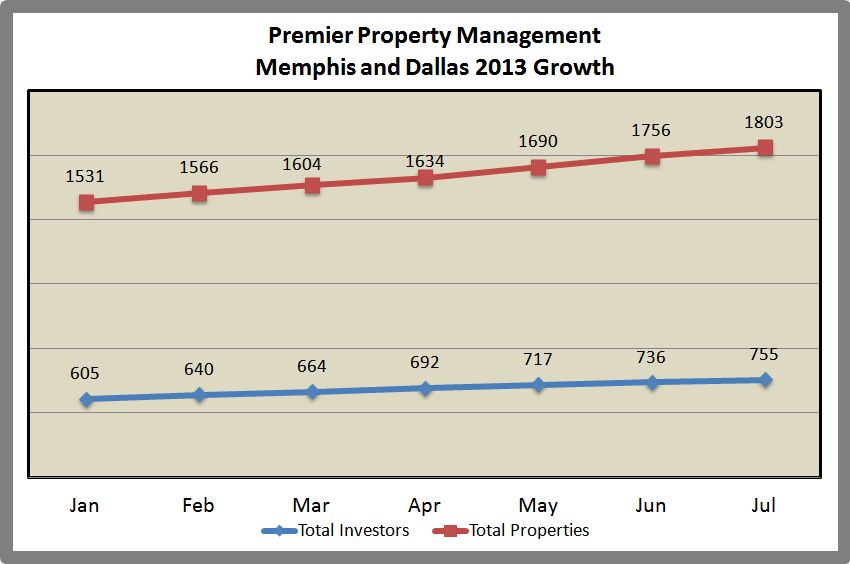 People with an eye toward retirement have started looking for alternative ways to fund their golden years. In some cases, they're looking to supplement their current retirement plan, in others to bypass traditional plans altogether.
People with an eye toward retirement have started looking for alternative ways to fund their golden years. In some cases, they're looking to supplement their current retirement plan, in others to bypass traditional plans altogether.
You probably already know that investing in rental properties can be a great way to generate income if done correctly, but many people wonder whether doing so is a viable option for preparing for retirement. There are a number of different factors to consider, a few of which we'll talk about briefly right now.
How Long Until You Call It Quits?
One major determining factor in deciding whether or not to use rental properties to help fund your retirement is how far away you are from retirement. Real estate-- rental properties, in particular-- can take a while to generate a positive income flow.
 The key to remember is that an income flow is created in different ways with real estate and not all of them are going to produce the same benefit or be the right fit depending on how close you are to retirement. If retirement is right around the corner, you may be looking at a nest egg that you have built up over time and would like to make sure it lasts the rest of your years, while also giving you a monthly income. There are two ways you can do this.
The key to remember is that an income flow is created in different ways with real estate and not all of them are going to produce the same benefit or be the right fit depending on how close you are to retirement. If retirement is right around the corner, you may be looking at a nest egg that you have built up over time and would like to make sure it lasts the rest of your years, while also giving you a monthly income. There are two ways you can do this.
First, you can use your nest egg to purchase investment properties and own the properties out right with no leverage. This can be hugely beneficial for investors who are turning to real estate as a way to put their nest egg into a tangible investment and not simply paper in the stock market or bond market. The hard asset -- the property -- has value and each month provides an income. While this is a less liquid option, it can be a very reliable monthly income option and for many this income stream is what they are looking for later in life.
Second would be to use leverage to purchase properties. This might seem like a good idea if your nest egg is smaller and you would like to purchase mroe properties, but it comes with two major negatives. One is a monthly note. So often the fact that there is a monthly note to be paid on a property and usually for a very long period of time is overlooked. The second negative is that with that note comes substantial risk. A property will bring in the same income in both scenarios, but one has a monthly payment attached to it. Remember - the interest you pay on a mortgage will be the single biggest expense every single year.
The reasons given for preferring to leverage property usually range in high rates of return to using fewer dollars to control more properties. The problem with that is that many who are approaching a retirement plan do not have time on their side. Leveraging later in life does not make as much sense as it does when you are younger and have more years in your retirement plan to reduce debt.
How Involved Do You Want to Be?
Clearly there's a reason (okay, there are multiple reasons) some people are moving away from traditional 401(k) and stock routes when it comes to socking away money for one's later years. However, these options do have what many consider to be a great advantage: they're about as passive as you can get. If you want to go the real estate route, you can be passive, too, of course, but you'll have to pay for that luxury -- literally.
If you don't have any desire to collect rent, receive middle-of-the-night phone calls about flooding from an overstuffed washing machine, or deal with any other landlord responsibilities, you'll need to pay a property management company to take care of these things for you, which, of course, is going to reduce the return on your investment. There are multiple options for investors who choose to go this route including using Turn-key real estate companies to help them bring all the essential services into one package. Many investors consider this to be money well spent. Of course, if you want to be more involved in your investment and don't mind taking on the extra responsibility, you can save that money and have plenty of tasks to keep yourself busy post-retirement!
Do You Have an Emergency Fund?
No matter how involved or uninvolved you would be in the day-to-day responsibilities of owning rental properties, you'd need to have enough money on hand to deal with setbacks in your investing venture. Extended vacancies, unexpected repairs, etc. can all pose major problems for those who aren't financially prepared to deal with them. This goes back to the fact that, depending on how you choose to purchase your properties and how large your retirement fund is, you should count on it taking a while for your properties to generate a profit. I have always advocated for having enough money in a separate, liquid fund that you are not worried at all about vacancies and maintenance. You know they are coming and are fully prepared to handle what the averages tell you.
Are you using rental properties as a means to save for retirement? Real estate as an alternative to becoming one with the La-Z-Boy while watching reruns of Sanford and Son? Tell us about it in the comments!
Are you interested in learning more about passive income and out of area real estate investing?












